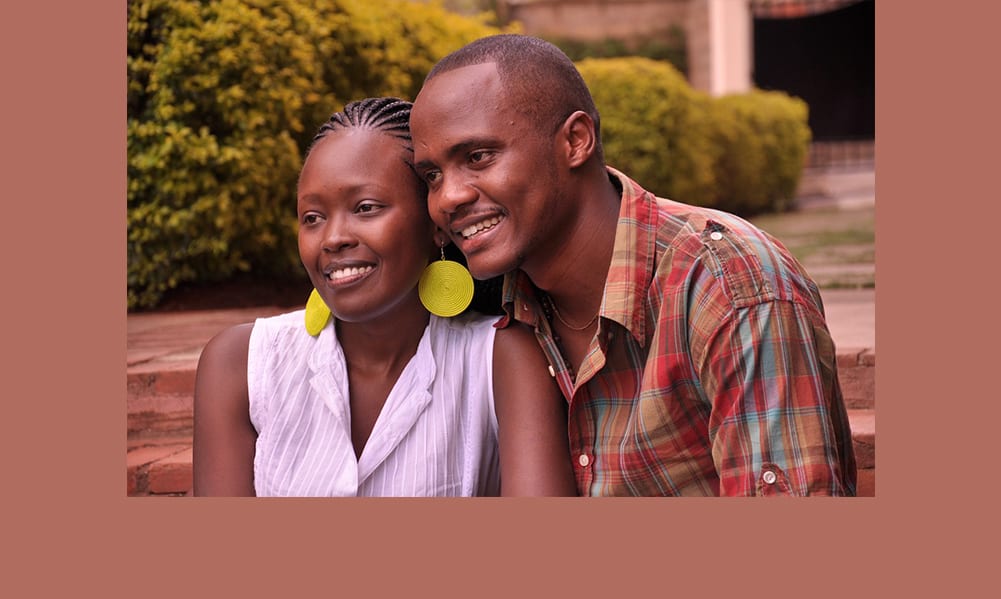I’ve worked in child welfare for over eight years and, from day one, I’ve been struck by the high numbers of black children in foster care.
As of January 2017, black children were overrepresented in the foster care system by more than double in Washington state, where I work.
African-American children in the United States are more likely to experience unequal treatmentthroughout the child welfare system. More than 37 percent of children in the United States experience a child protective services investigation by the time they are 18. But for black children, that number skyrockets to 53 percent. African-American children are placed in foster care at twice the rate of white children and are more likely to remain in foster care longer, receive fewer services and are less likely to be returned home.
Almost daily, I’d ask myself, “What can we do to help these children?”
Part of my answer, as a black man, involved becoming a foster parent myself. Still, I wanted and needed to do more — especially at the community level. Because it isn’t just a question for individuals but for our community as a whole: “How do we, the black community, help black kids in foster care?”


